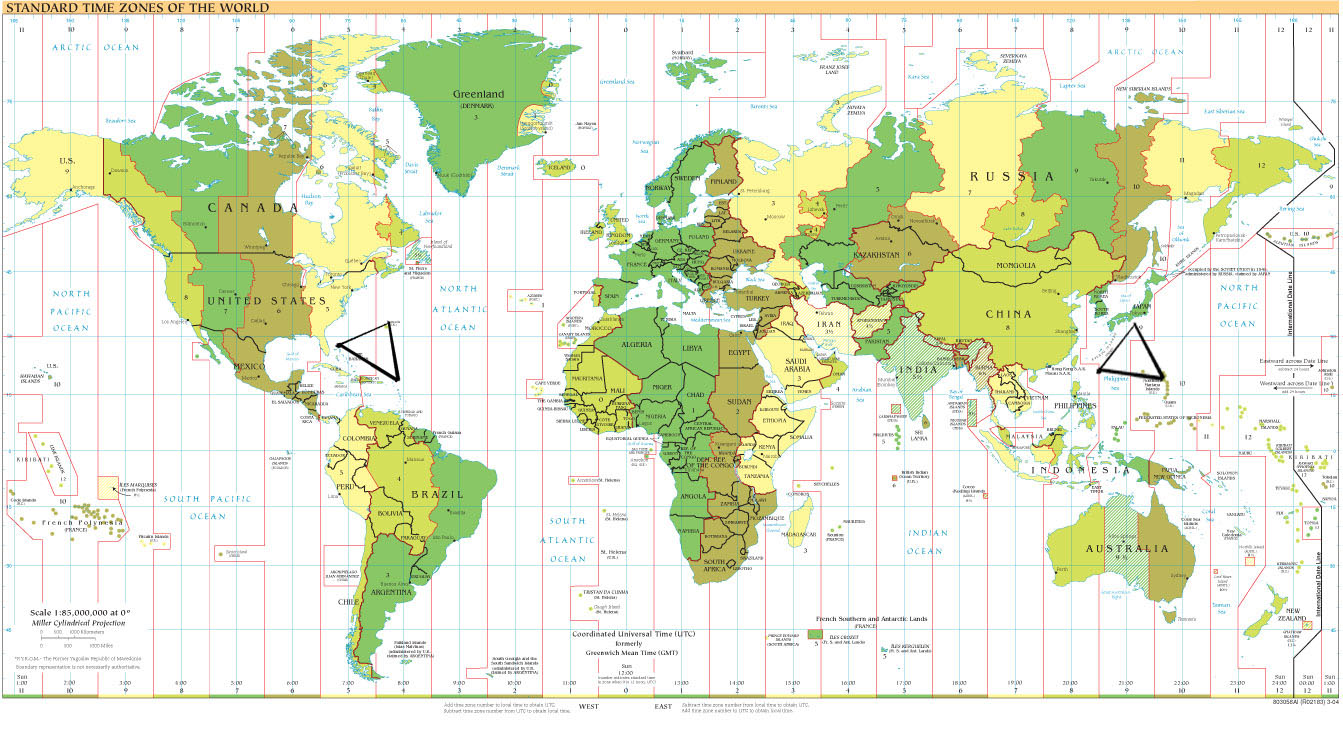I've met a lot of doctors over the years. I've interviewed them, watched them operate, observed them with patients and just plain hung out with them. Some were friendly, others cranky. Some were arrogant, others humble and selfless. As a group, they have impressed me with their confidence, intelligence and dedication to helping people in need. From the outside, the doctor's life seems a rich and rewarding one. And surely it is. But a new documentary, "Struggling in Silence" (airing next month on public-television stations), explores a dark side of the profession—the little-known and rarely discussed problem of depression and suicide among physicians. The unsettling truth is that doctors have the highest rate of suicide of any profession. Every year, between 300 and 400 physicians take their own lives—roughly one a day. And, in sharp contrast to the general population, where male suicides outnumber female suicides four to one, the suicide rate among male and female doctors is the same.
"Undiagnosed and untreated depression is the culprit here," said Dr. Charles Reynolds, professor of psychiatry at the University of Pittsburgh School of Medicine, who appears in the film and was co-author of a 2003 paper (one of the few) on physician suicide, published in The Journal of the American Medical Association. While the rate of depression over a lifetime is basically the same for male physicians and the general population of men—about 12 percent—the doctors' suicide rate is 1.4 times higher. Female docs have double the rate of depression and 2.3 times the rate of suicide compared with the general population of women. (Some studies report equal rates of depression for women doctors; others report even higher suicide rates for physicians.)
So why aren't depressed docs seeking treatment for a common illness that millions of Americans have learned to manage with therapy and readily available medications? Because they worry—not without reason—that if they admit to a mental-health problem they could lose respect, referrals, income and even their licenses. Because, despite the steady increase in the number of women in the field, medicine is still very much a macho profession; physicians are supposed to be the strong ones who care for the sick, not the sick ones who need to be cared for. "I did not want it to go on my medical record that I had been treated for depression," says Dr. Robert Lehmberg, 60, whose moving account of his struggle with the condition—and the stigma it carries—is featured in the film. "Once I got treated, I realized how foolish all that was."
Lehmberg, a former plastic surgeon, now a fellow in palliative care at the University of Arkansas, did not become suicidal. But doctors who do are at increased risk, in part, because they have access to lethal drugs and know how to use them. (Docs have a high ratio of suicide completions to attempts.) Some depressed physicians also have substance-abuse problems, another major risk factor for suicide.
One way to address physician suicide, says Reynolds, is to focus on medical students and residents, since depression often starts in young adulthood. Medical schools across the country have launched programs that, among other things, guarantee students who seek help that it will not appear on their records. "What we're trying to do is say to these kids, 'Get help, get well, stay well'," Reynolds says.
The goal of "Struggling in Silence," and of the new Web site doctorswithdepression.org (both the work of the American Foundation for Suicide Prevention), is to raise awareness, prevent suffering and even save some lives. There could be a bonus as well. "If we teach doctors to recognize depression in themselves," says Dr. Paula Clayton, the foundation's medical director, "they will recognize it in their patients." And then everybody will feel better.
PS:/ so to all medical students, try to relax... :)







0 comments:
Post a Comment